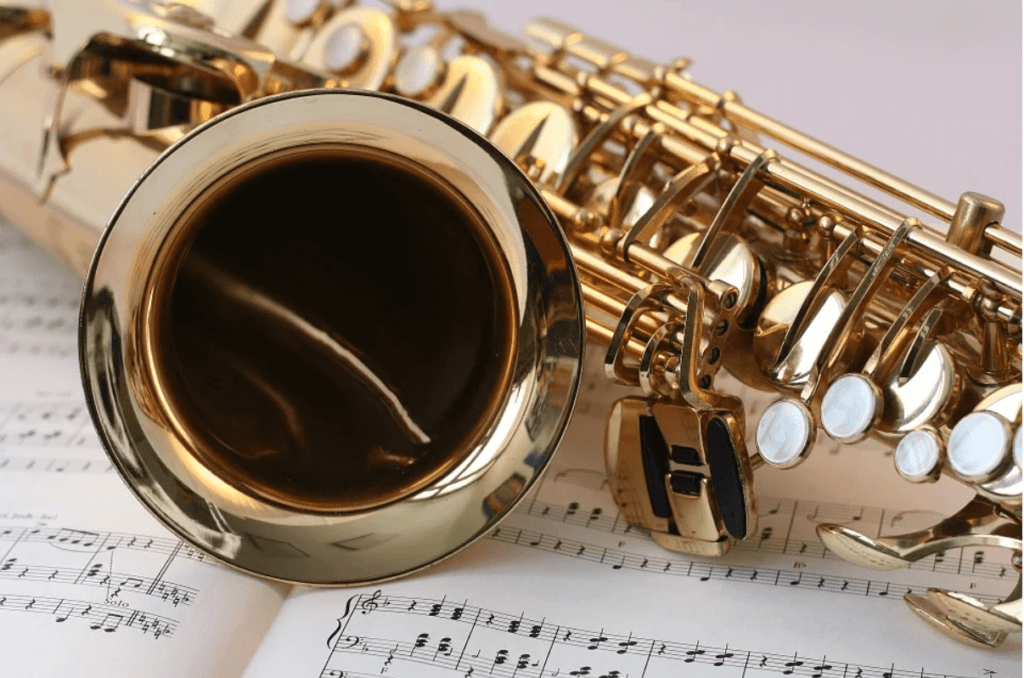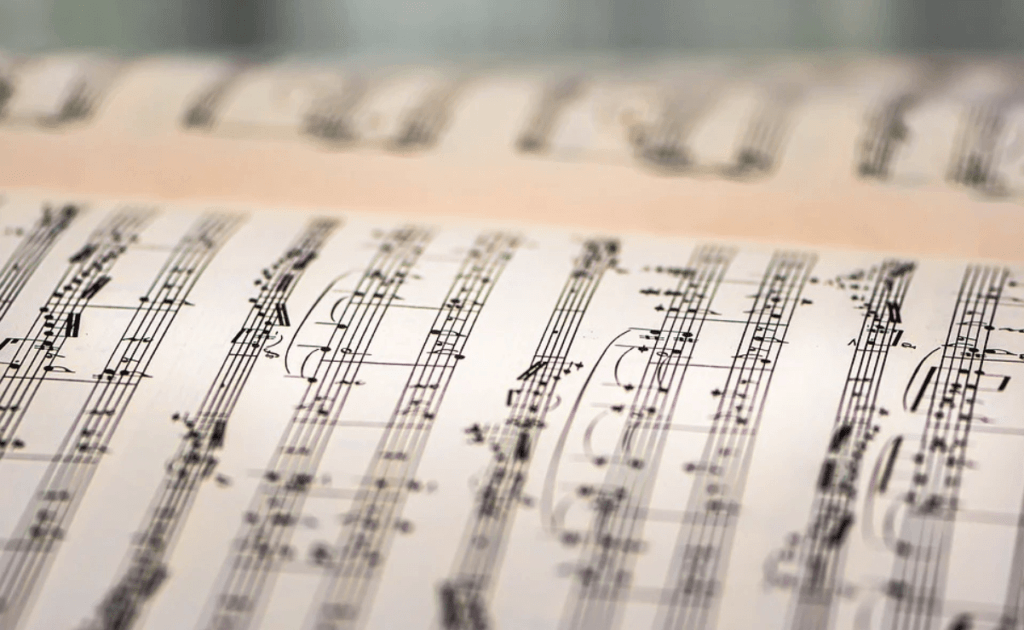Reading sheet music is an art form that has been around for centuries. It takes a lot of focus and attention to detail to play by memory, but once you get it down, the benefits are innumerable! Here are some great ones: increased confidence, improved dexterity, all while getting in touch with your emotions.

1. Improving Your Knowledge of Music
When you read sheet music, you can better understand the dynamics of how different notes work together to make one piece. It takes patience and focus, but it will give you a new appreciation for the beauty in all types of music. It’s great if you’re able to find sheet music online so that you can learn to play any song. A great thing about this is that you can find music of any genre and learn how to play it. Consider it your music class.
2. Improving Dexterity and Stamina
The dexterity required by sheet music is something that many people find to be challenging, but it’s important because you can develop muscle memory over time. When you read sheet music, your hand-eye coordination is improved, which not only makes playing the piano or guitar an easier task, but it also gives your hands more stamina so that they aren’t as tired after longer performances. This is especially useful when you are performing for an audience because your hands won’t get tired so easily. For example, when you play by memory, it is typically the same song over and over again, so if you’re playing for a long period at once, your hands will get tired much more easily. If you are looking to pick up an instrument but are unsure about whether or not it’s too difficult, give learning how to read sheet music a try! It is much easier than playing by memory, and it will give you a better understanding of music in general.
3. Improves Self-Confidence and Being in Touch with Your Emotions
A great benefit that comes with learning how to read sheet music is that your self-confidence will be improved, thus reducing anxiety about playing in front of others. Keeping up with the notes and chords will allow you to relax and not get nervous when performing. This is especially important for musicians who are taking their talents from the bedroom to the stage! If you learn to play by memory, you will be able to better understand how certain notes or chords make you feel while playing music. You will slowly begin to pick up on the different dynamics of each song, allowing you to better express yourself with the songs that you are playing.
4. Learning About Your Musical Preferences
This goes hand-in-hand with learning how to play by memory because when you learn to read sheet music, you will begin to pick up on the different dynamics of each piece, which allows you slowly get in touch with which musical genres you enjoy the most. It’s very easy to learn how to play any song you want, but it can be difficult to fully grasp what makes one piece better than another. If you spend time learning about sheet music, not only will your dexterity improve, but your music preferences will begin to form as well!
5. Improved Hand-Eye Coordination
Reading sheet music is an excellent way to improve your hand-eye coordination. This will help you play the instrument of your choice with more accuracy and precision, which makes playing by memory that much easier. Two reasons why it’s important to learn how to read sheet music are that it improves dexterity and stamina. Sheet music can be very difficult to learn, which is why it’s best practised with a teacher or in an environment where you feel comfortable enough to make mistakes.
6. Spread Knowledge of Musical Instruments
If you can play by memory, but not read sheet music, this can be an excellent way for you to brighten up someone else’s day! If you find a piece of sheet music, make sure to print it out and keep it with you. If someone compliments your playing or asks what specific song you were playing, you will be able to spread that person’s love for music! You can either play specifically from sheet music or by memory, whether you’re playing the guitar or piano. If you’re able to read sheet music, this would be a great opportunity to learn something new and share it with loved ones. Whether your instrument of choice is a piano, a guitar, a saxophone, or a violin, learning how to read sheet music will be extremely beneficial for you!
Pro Tip For Reading Sheet Music
It’s important to be patient with yourself while learning how to read sheet music. If you make a mistake, don’t get too down on yourself! Mistakes are going to happen, and practising is the only way to make sure they don’t happen again. Remember, it takes time! For you to get better at reading sheet music, you must practise. Practice makes perfect! When reading the symbols, it’s important to remember that each line and space correspond with a different note. When the note is on what would be the “top” of your piece (meaning it’s closer to you) then you will play it by pressing down on the key or string. If the note is below, you’ll press down on the key or string while still being closer to the bottom of the sheet. A life hack when it comes to reading sheet music is to cover up any keys that you don’t intend to use at the moment. This will ensure that you’re able to focus on one particular part of the song without looking confused! It may seem like extra work, but it helps.

Learn how to play any song you want with help from sheet music. The benefits of reading sheet music are countless, so take the time to learn! Remember to keep practising so that this skill can become second nature to you! You will slowly begin to understand the weird symbols and marks as your knowledge of the subject grows. Remember, it’s a lot easier than learning how to play by memory. Good luck!



